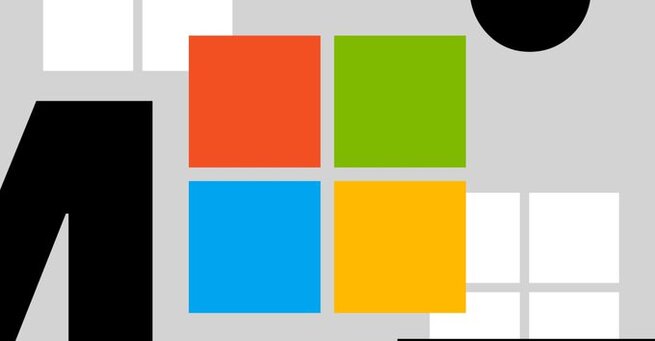
If you're wondering why Microsoft is blocking emails that include the words “Palestine” or “Gaza”, you're not alone. In May 2025, employees discovered that internal and external emails containing these terms were being automatically blocked. This censorship has raised concerns about freedom of speech, workplace equity, and the growing tension between corporate tech giants and employee activism. The incident—unfolding amid protests at Microsoft’s Build developer conference—has sparked debate over digital censorship, corporate responsibility, and the ethical implications of tech partnerships with governments involved in global conflicts.
According to the protest group No Azure for Apartheid (NOAA), dozens of Microsoft employees reported that emails containing terms like “Palestine,” “Gaza,” and “Genocide” were being flagged and blocked. Notably, alternative spellings like “P4lestine” bypassed the filters, suggesting intentional keyword suppression. NOAA argues that this is a direct attempt by Microsoft to silence pro-Palestinian voices within the company—particularly those critical of Microsoft's contracts with the Israeli government.
Microsoft did not deny the block. In a statement to The Verge, spokesperson Frank Shaw confirmed that changes had been made to internal email filters to limit what the company called “politically focused messages.” According to Shaw, mass emails sent to thousands of employees—especially those unrelated to work—violate internal policies. Instead, Microsoft directs employees to opt-in forums dedicated to political discussions.
This explanation, however, did little to calm critics. Many argue that selectively blocking emails mentioning “Palestine” while allowing terms like “Israel” raises serious concerns about bias, viewpoint discrimination, and selective censorship.
The email filtering controversy comes as tensions boil over at Microsoft’s annual Build developer conference. Protesters, including current and former employees, are calling out the company’s lucrative contracts with the Israeli government. One Microsoft employee, Joe Lopez, even disrupted the Build keynote to demand accountability for what activists describe as complicity in alleged human rights violations in Gaza.
This incident highlights broader questions about corporate control over digital communication and the boundaries of employee activism. As major tech firms like Microsoft, Google, and Amazon deepen ties with governments worldwide, their internal policies are coming under increasing scrutiny—especially when they appear to favor one political narrative over another.
The blocking of certain political keywords within a tech giant like Microsoft could set a concerning precedent for internal communications across the industry. As AI-powered moderation systems become more sophisticated, questions around transparency, bias, and employee rights will only grow louder. Whether you're an IT professional, HR leader, or digital rights advocate, this story touches on critical issues shaping the modern workplace—and the internet at large.
𝗦𝗲𝗺𝗮𝘀𝗼𝗰𝗶𝗮𝗹 𝗶𝘀 𝘄𝗵𝗲𝗿𝗲 𝗿𝗲𝗮𝗹 𝗽𝗲𝗼𝗽𝗹𝗲 𝗰𝗼𝗻𝗻𝗲𝗰𝘁, 𝗴𝗿𝗼𝘄, 𝗮𝗻𝗱 𝗯𝗲𝗹𝗼𝗻𝗴. We’re more than just a social platform — from jobs and blogs to events and daily chats, we bring people and ideas together in one simple, meaningful space.